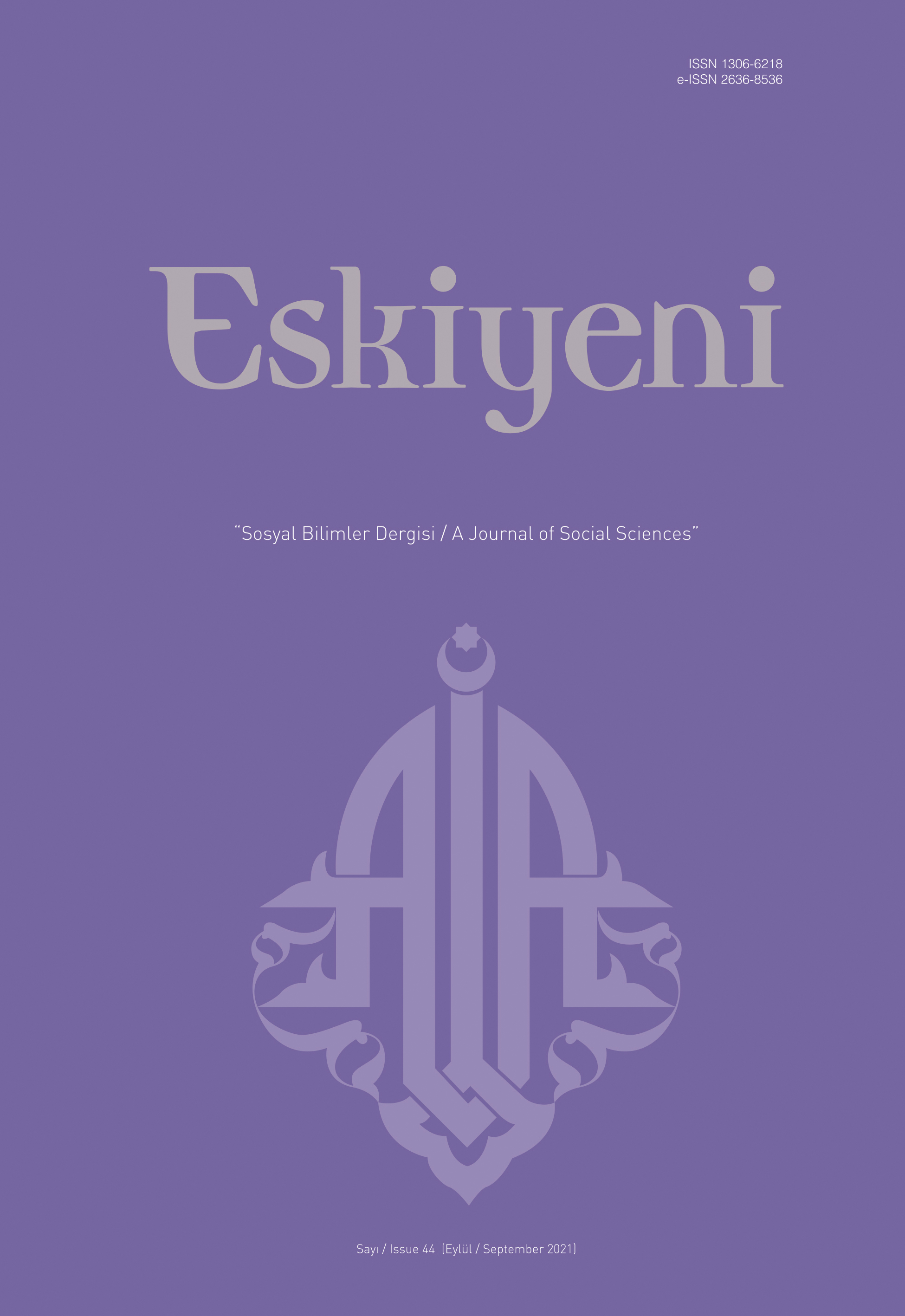Din Eğitimci ve Öğreticilerinin Mesleki Tutum ile Tükenmişlik Düzeyleri
Levels of Professional Attitude and Burnout of Religious Educators and Teachers
Author(s): Süleyman AbanozSubject(s): Education, Psychology, Theology and Religion
Published by: Anadolu İlahiyat Akademisi
Keywords: Psychology of Religion; Religious Education; Religious Teacher; Professional Attitude; Burnout;
Summary/Abstract: In recent years continues to increase interest in religion in Turkey and in the world. All that is effective in the world that the proliferation of groups claiming to live in the core of institutional religion, the rise of new religious movements and the politics of religious discourse in Turkey and the world is an example of this situation. In addition, in Turkey, interest in religious institutions and professions has increased significantly due to the demands of the people and the discourse and actions of political power. There are emotional, mental and behavioral dimensions of the religious officials' professional attitude, which is formed by his/her life related to his/her professionFeelings such as liking or disliking the profession form the emotional dimension of his/her professional attitude. His/her thoughts and knowledge about the profession constitute the cognitive (mental) dimension of professional attitude. The behavioral dimension of professional attitude is professional activities and work performed in accordance with their emotional and cognitive dimensions. Organization and work dimensions of burnout are important in terms of the formation and development of the burnout concept, since people spend most of their lives at work. They reflect their work life, organizational structure, even unintentionally, to their family and home lives. Workload weight, the nature of the job, work-friendliness relationships, communication, as well as the organization's management and organizational structure, the strategies and policies applied managerial practices and sanctions, laws, legistlations and regulations can lay the groundwork for the occurrence of burnout syndrome on an individual level. In this study, the level of professional attitude and burnout of employees in various titles in religious higher education institutions, Ministry of National Education and Presidency of Religious Affairs in seven metropolitan cities, each of which is located in different regions of Turkey, were examined. A questionnaire including demographic information, professional attitude and professional burnout scales was used as a data collection tool. Within the scope of the study, the questionnaires of a total of 3662 participants, including 282 academics, 1605 teachers and 1775 religious officials, were accepted as valid. The data obtained as a result of the study were analysed by SPSS 23.0 statistics program. In the study, the level of significance was determined as p <0.05. As a result of the analysis, a high-level inverse correlation was observed between professional burnout and professional attitude. Moreover, it has been determined that there is a significant relationship between variables such as marital status, age, length of service, gender, city of residence and education level, and professional attitude and burnout, although it varies from institution to institution. The place of residence, title, and the reason for choosing the profession have been observed to have a similar effect in all institutions in terms of professional attitude and burnout. The results obtained were interpreted by the researcher, and some suggestions were made based on the results.
Journal: Eskiyeni
- Issue Year: 2021
- Issue No: 45
- Page Range: 719-751
- Page Count: 33
- Language: Turkish

